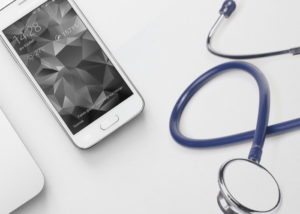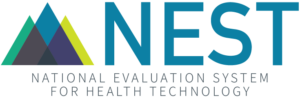Effect of Wearable Devices on Patient-Reported Outcomes and Clinical Utilization: A Randomized, Controlled Trial

- Technology of Interest
Apple Watch Diagnostic + mHealth
- Disease Area
Cardiovascular Medicine
- Network Collaborators
Yale New Haven Hospital, Duke University Health System, Mayo Clinic
- Duration
12 months
- Status
In Progress
Overview
The objective of this Test-Case is to assess the effect of the Apple Watch’s ECG and irregular rhythm notification detection software features on both patient-reported outcomes and clinical utilization. The pace of innovation for digital health technologies is accelerating. However, several potential risks are inherent to these new technologies, including misinterpretation and/or overreliance on the device-generated data, as well as false negatives and false positives. Therefore, the clinical impact of these devices must be assessed through active surveillance to guide future labeling and risk mitigation strategies.
Using Hugo Health, a patient-centered health data sharing platform for data collection and aggregation, , this study will gather and collate patient-reported outcomes, healthcare utilization data, and data from personal digital devices. 150 patients with atrial fibrillation who undergo planned outpatient cardioversion will be randomly allocated to receive the Apple Watch or a control device and will be followed for six months. The primary study endpoint is the validated Atrial Fibrillation Effect on QualiTy-of-life (AFEQT) questionnaire global score at 6 months compared to baseline. Secondary endpoints include additional clinical treatment for atrial fibrillation and differences in clinical utilization between participants who receive the Apple Watch and the control group. Finally, we will assess the Apple Watch’s ability to serve as a tool for post-market ECG surveillance monitoring by examining its accuracy compared to 12-lead ECGs obtained in routine clinical care.
